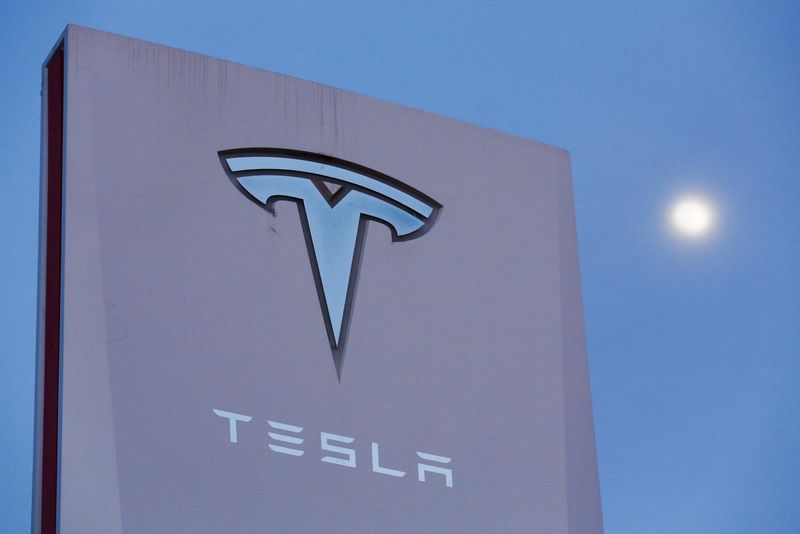Shares of electric vehicle giant, Tesla (NASDAQ:TSLA) are trending down more than 1.5% in pre-market trading Thursday morning after it was announced that the company notified workers at its California car plant of pay increases across its US factories.
This announcement marks the latest bump by a nonunion automaker as the United Autoworkers Union (UAW) works to increase membership in the U.S.
Tesla's facility in Fremont, California, has announced a "market adjustment pay increase" for all US production associates, material handlers, and quality inspectors as a part of the new year kickoff. However, documents viewed by Bloomberg News do not specify the exact percentage of the pay raise, and queries directed to Tesla's senior director of human resources remain unanswered.
Tesla is joining the ranks of Toyota (NYSE:TM), Volkswagen, and Hyundai in increasing pay for employees at its US plants. This move comes in the wake of historic labor agreements secured by the UAW for workers at Ford (NYSE:F), General Motors (NYSE:GM), and Stellantis (NYSE:STLA) in 2023.
The union is leveraging their success in negotiations to pursue organizing nonunion locations at Tesla and twelve other manufacturers, with the goal of doubling the number of auto workers within its membership.
Tesla CEO, Elon Musk has consistently expressed skepticism and criticism towards the UAW and unions in general. Additionally, Musk has been placing a growing emphasis on the significance of cost-cutting measures. He has argued that the challenge lies in making electric vehicles more affordable, especially as rising interest rates counteract the impact of repeated price reductions.
The recent decision to increase pay for production workers is likely to complicate what Musk previously referred to as the "game of pennies" during Tesla's last earnings call. It's worth noting that Tesla has a global workforce of around 140,000 employees, with approximately half of them based in the United States.
Shares of TSLA re down 1.54% in pre-market trading Thursday morning.
